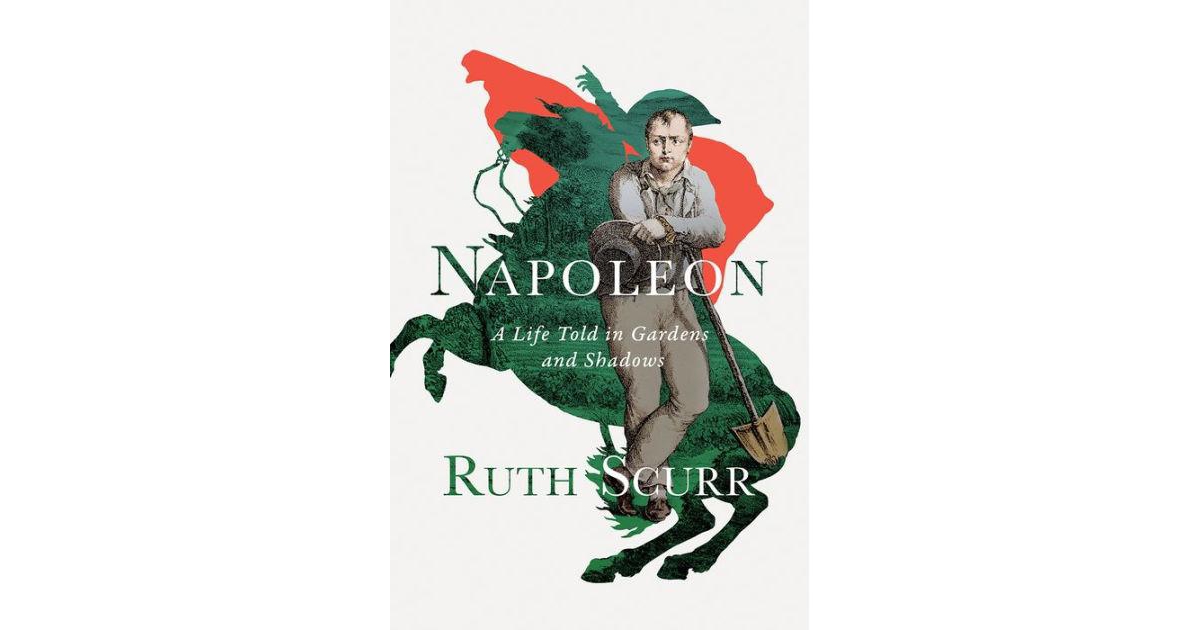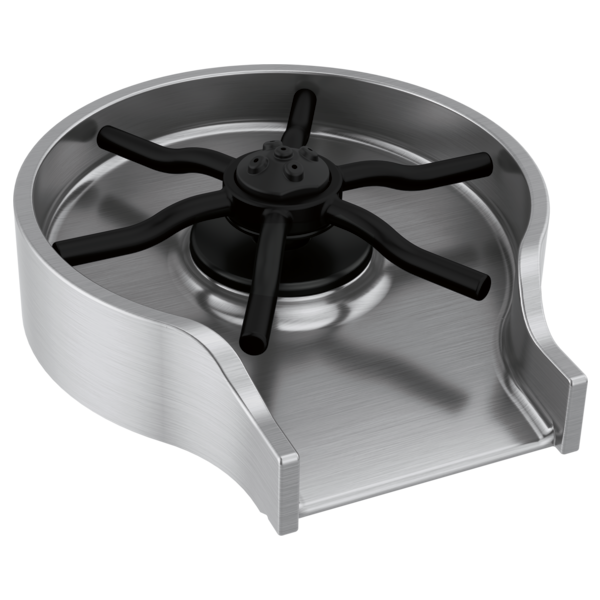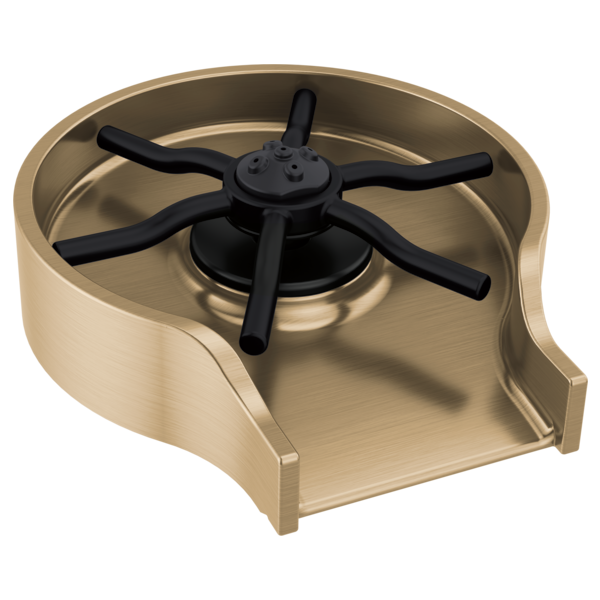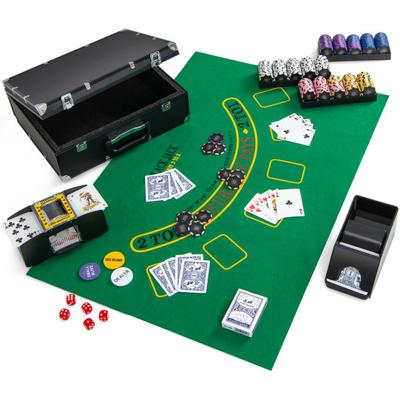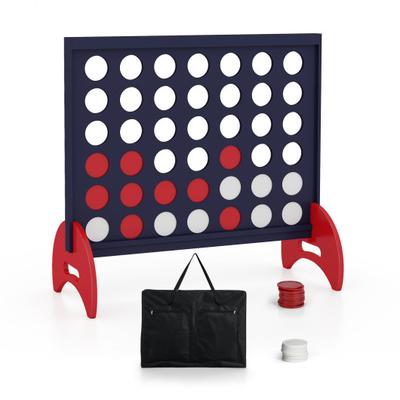Best books of the Year, financial times, the times of London , history today Marking the 200th anniversary of his death, Napoleon is an unprecedented portrait of the emperor told through his engagement with the natural world. "How should one envisage this subject With a great pomp of words, or with simplicity ". Charlotte Bronte, "The Death of Napoleon". The most celebrated general in history, Napoleon Bonaparte 1769–1821 has for centuries attracted eminent male writers. Since Thomas Carlyle first christened him "Our last Great Man", regiments of biographers have marched across the same territory, weighing campaigns and conflicts, military tactics and power politics. Yet in all this time, no definitive portrait of Napoleon has endured and a mere handful of women have written his biography, a fact that surely would have pleased him. With Napoleon, Ruth Scurr, one of our most eloquent and original historians, emphatically rejects the shibboleth of the "Great Man" theory of history, instead following the dramatic trajectory of Napoleon's life through gardens, parks and forests. As Scurr reveals, gardening was the first and last love of Napoleon, offering him a retreat from the manifold frustrations of war and politics. Gardens were, at the same time, a mirror image to the battlefields on which he fought, discrete settings in which.

